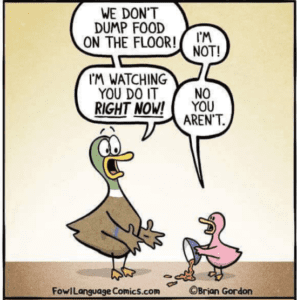Toxic Relationships Part 2: Understanding Gaslighting
Written by: Emily Harrison, M.S.

Relationships that have grown toxic can sometimes be hard to spot, especially if you are experiencing gaslighting. In the previous blog, I’ve defined gaslighting as “manipulating someone with psychological means into questioning their own sanity.” Gaslighting forces you to second guess everything you do, and sometimes it might trick you into thinking you are the one behaving in a toxic manner when you attempt to confront this emotional abuse. This allows the cycle of abuse to continue while simultaneously discrediting the victim, chipping slowly away at any semblance of self-confidence, self-worth, or assertiveness. It may be difficult at times to identify gaslighting versus simple disagreement. Here are a few examples of gaslighting and disagreement:
- Gaslighting is when an abuser makes you question your reality, but a disagreement is when both parties see things differently but respect each other’s perspectives.
- Gaslighting is presenting opinions as absolute facts and as the only way to view things, but in a disagreement, each person is willing to learn and understand your perspective and respects your opinion.
- During gaslighting, the abuser will shut down the conversation and blame you for getting too emotional or “worked up” but during a disagreement, your significant other would notice the emotional escalation and suggest taking a break for each person to cool down and think through conflict clearly.
- Someone who is gaslighting will attack the victim’s perspective and force all conflict blame on the victim whereas during a disagreement, individuals can “agree to disagree”.
Gaslighting can be so subtle, that some find it hard to classify it as emotional abuse. However, an individual that degrades or devalues a person’s thought process or reality repeatedly is considered emotional manipulation. Emotional manipulation feeds heavily into emotional abuse and the other behaviors you see along with gaslighting such as lying, denying conversations or events, or manipulating others to see the victim as the “bad guy”. The effects of gaslighting and emotional abuse can be extremely detrimental to a person’s mental health. If you feel that you may be experiencing this type of emotional abuse, it is advised to connect with a trained clinician to stay safe and reduce harm.
